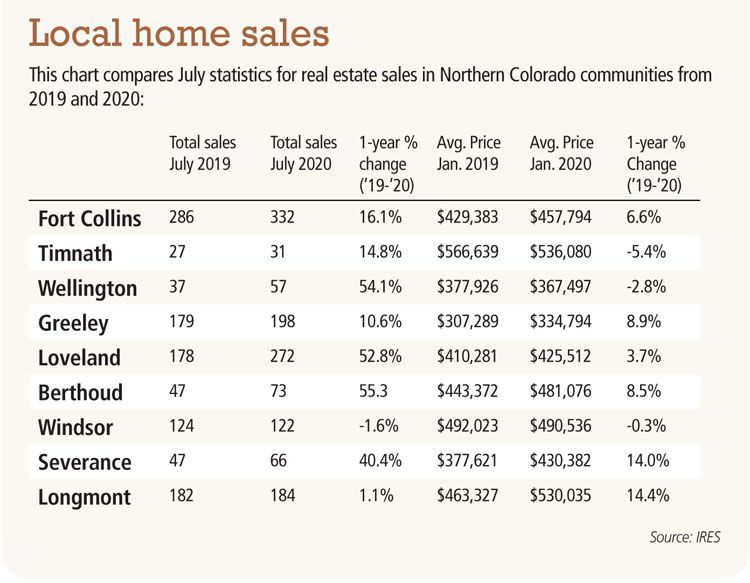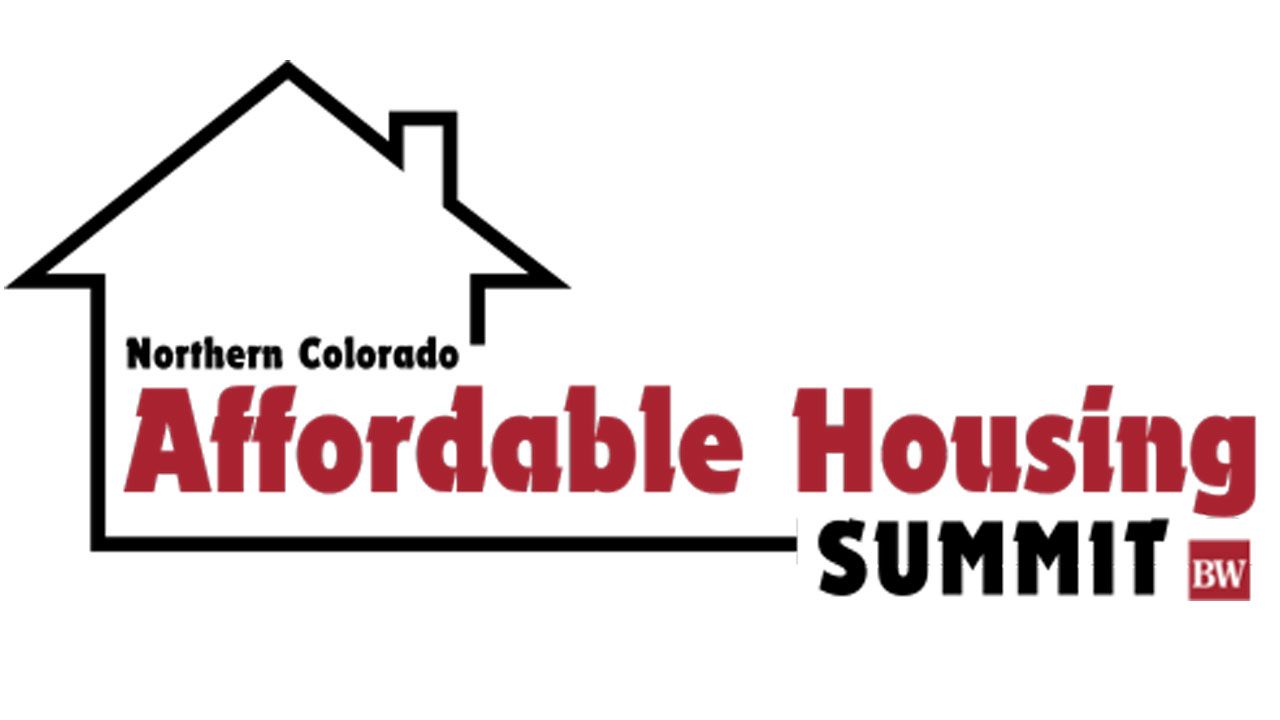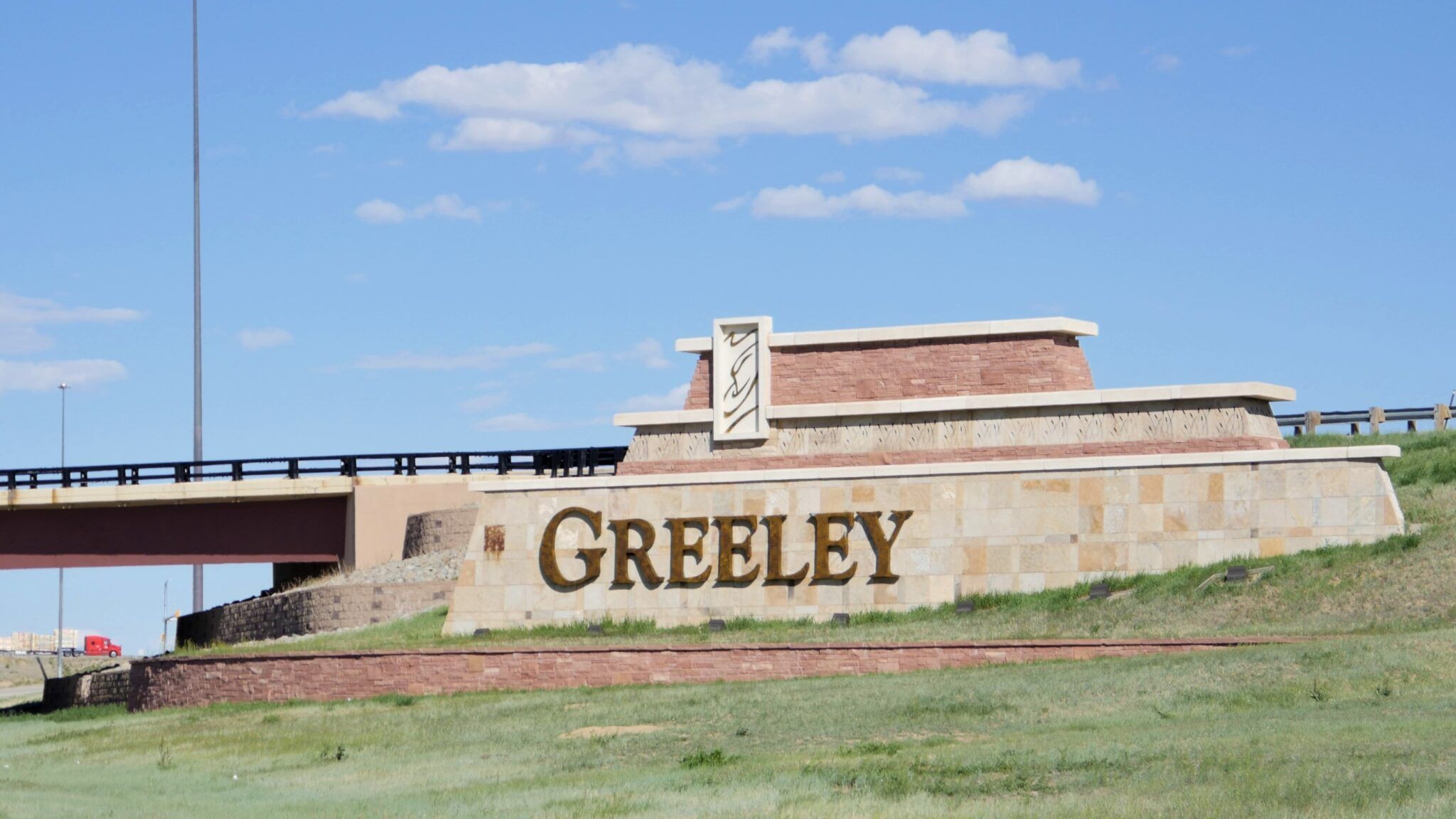Wells: Get ready for ‘urban exodus’ to impact NoCo real estate


We’ve seen that the COVID-19 pandemic has changed how we live. Apparently, it’s also changing where we live — a demographic wave that’s bound to make an impact on the Northern Colorado housing market.
Evidence is mounting to show that many Americans who live in cities — especially those for whom working from home is the new normal — are eager to relocate to the less hectic environments of suburban, exurban or rural communities. It’s an urge that’s also driven by a desire for access to outdoor recreation, a lower cost of living and the greater sense of health and safety for their families that corresponds with more elbow room.
This so-called “urban exodus” is underlined by the results of a recent Harris Poll, which reported that nearly one-third of the urban dwellers surveyed said they were considering moving to a place where the population was less dense. Other reports reinforce the trend. For instance, parts of the New York City metro area have registered a 40% increase in the number of homes for sale. In San Francisco, inventory is up 96%. And Realtor.com tells us that website views for homes in suburban Zip codes jumped 13% in May 2020 compared to May 2019.
So, where will those people choose to move?
As I see it, Northern Colorado needs to be prepared for the influx that could be spurred by this movement away from metropolitan America.
Communities in our region meet just about every criterion I listed earlier that seems to be attractive to people looking to leave Big City, U.S.A. — including access to high-speed broadband. Since technology has made it possible for increasing numbers of Americans to work remotely, many are seizing the opportunity to restructure their lives and resettle for the future. And with interest rates at historic lows, it’s even easier for people with economic stability to decide to get out of Denver … or New York, or San Francisco.
Anecdotally, we’ve already seen signs of newcomer interest to Northern Colorado. At our own website — thegroupinc.com — Denver residents are recently accounting for the second-largest number of visitors, based on geographic location. Historically, Denver visitors to the website have trailed residents of other communities in our region, including Loveland, Greeley, and Longmont.
Another likely consequence of the pandemic? Wherever Americans choose to live, I expect they will be living there longer over the coming decade. By locking into low interest rates and moving into homes that were chosen to accommodate their jobs and their lifestyles, the typical homeowner will have additional motivation to stay in place for more years. Note: The median tenure for American homeowners in 2018 was 13 years, a figure that was already on the rise, up from 10 years in 2008.
A red-hot summer
Speaking of resettling, home sales in Northern Colorado and across the country are booming this summer. In July, buyers closed on 1,335 homes in Northern Colorado, an increase of 20.6% over July 2019. As the accompanying chart shows, sales growth in some local communities topped 50%. Nationally, the number was not as eye-opening, but still impressive — up 8.7% from July 2019 — according to the National Association of Realtors.
All this is happening despite a tight housing supply all across the country. No doubt, Americans are taking advantage of interest rates that have been hovering around 3% for 30-year fixed-rate mortgages.
Brandon Wells is president of The Group Inc. Real Estate, founded in Fort Collins in 1976 with six locations in Northern Colorado

We’ve seen that the COVID-19 pandemic has changed how we live. Apparently, it’s also changing where we live — a demographic wave that’s bound to make an impact on the Northern Colorado housing market.
Evidence is mounting to show that many Americans who live in cities — especially those for whom working from home is the new normal — are eager to relocate to the less hectic environments of suburban, exurban or rural communities. It’s an urge that’s also driven by a desire for access to outdoor recreation,…




